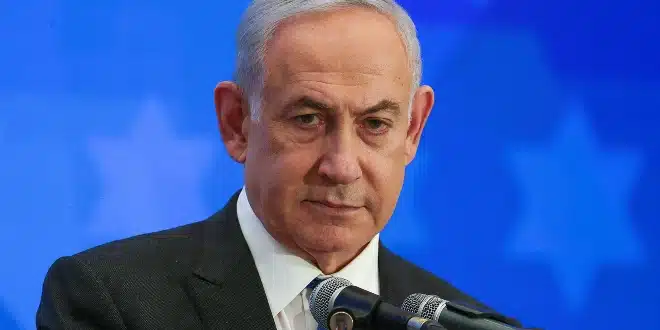On August 8, 2025, the Palestinian militant group Hamas announced its willingness to negotiate a broad agreement with Israel to secure the release of all hostages held in Gaza. In a statement shared on social media, Hamas expressed flexibility in working through Egyptian and Qatari mediators to achieve a ceasefire.
The group proposed a deal that would involve freeing all Israeli captives in exchange for an end to hostilities and the complete withdrawal of Israeli forces from Gaza. This announcement comes as tensions escalate over Israeli Prime Minister Benjamin Netanyahu’s controversial strategy to assume control over the Gaza Strip.
Hamas warned that Israel’s plan to occupy Gaza would come at a significant cost, describing it as a risky venture unlikely to succeed. The group emphasized the resilience of its fighters and the Palestinian people, asserting that Netanyahu’s ambitions to subdue Gaza would ultimately fail. This rhetoric underscores the deep-seated defiance within Hamas as it navigates both diplomatic and military pressures.
Netanyahu’s Gaza Plan Faces Criticism
Israel’s proposed strategy to take over Gaza has sparked widespread concern, both domestically and internationally. Former Israeli Prime Minister Ehud Olmert dismissed the plan as unrealistic, arguing in an interview with The Associated Press that intensified military operations would neither dismantle Hamas nor secure the release of hostages. Olmert’s skepticism reflects a broader unease, with nations like Saudi Arabia and the United Kingdom voicing strong objections to Israel’s approach, citing humanitarian and geopolitical risks.
The plan, as outlined in a Channel 12 report, involves a two-phase operation. Initially, Israel intends to issue evacuation orders to approximately 1 million residents of Gaza City—nearly half of Gaza’s population. This phase aims to allow time for establishing civilian infrastructure, such as hospitals and temporary camps, to accommodate displaced residents over several weeks. In the second phase, the Israeli military would launch a full-scale offensive in the region, targeting areas where hostages are believed to be held while attempting to minimize civilian harm.
International Response and Humanitarian Efforts
The United States has signaled its involvement in supporting Israel’s plan while prioritizing humanitarian aid. On August 6, 2025, U.S. Ambassador to Israel Mike Huckabee told Bloomberg News that efforts were underway to expand aid delivery in Gaza, with plans to increase the number of aid sites from four to sixteen within two months. These sites, managed by the Gaza Humanitarian Foundation with backing from both Israel and the U.S., aim to address the region’s dire humanitarian needs. Huckabee noted that funding remains a critical factor, with the U.S. and other nations committing approximately $1 billion to support this expansion.
The plan also involves relocating Gaza’s civilian population toward the southern part of the Strip during military operations. This strategy has raised concerns about the safety and well-being of civilians, particularly in northern Gaza, where the Israeli Defense Forces (IDF) would need to secure areas to facilitate aid distribution. The delicate balance


